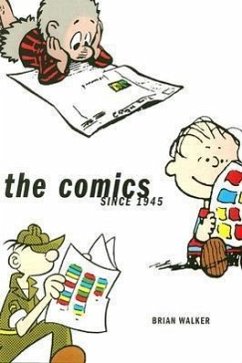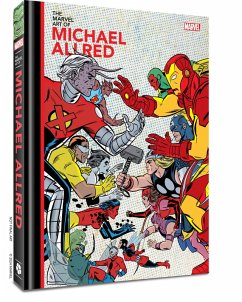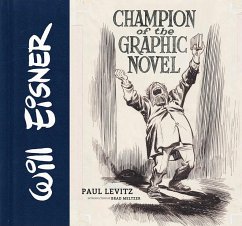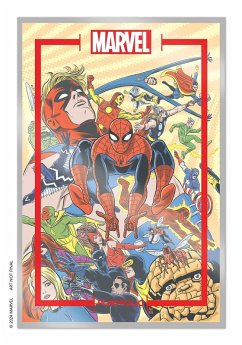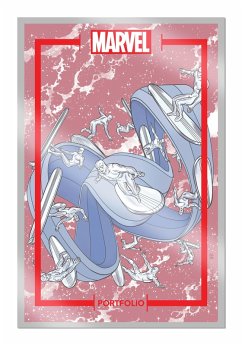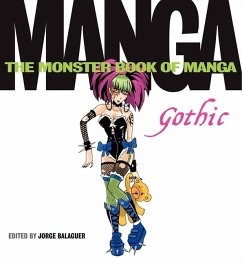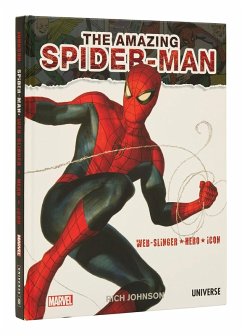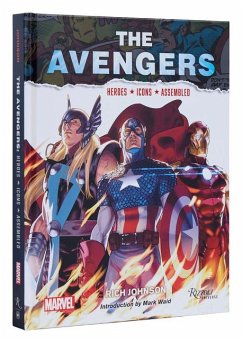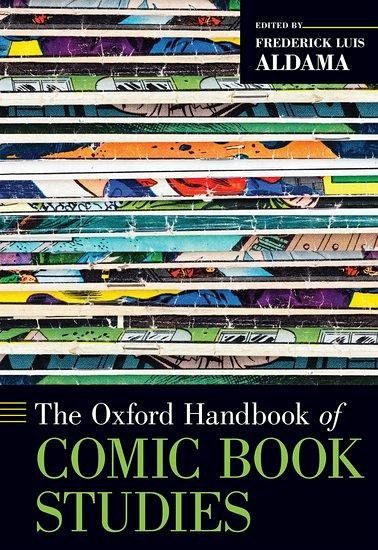
The Oxford Handbook of Comic Book Studies
Versandkostenfrei!
Versandfertig in über 4 Wochen
211,99 €
inkl. MwSt.
Weitere Ausgaben:

PAYBACK Punkte
106 °P sammeln!
The Oxford Handbook of Comic Book Studies examines the history and evolution of the visual narrative genre from a global perspective. The Handbook brings together readable, jargon-free essays written by established and emerging scholars from diverse geographic, institutional, gender, and national backgrounds.





